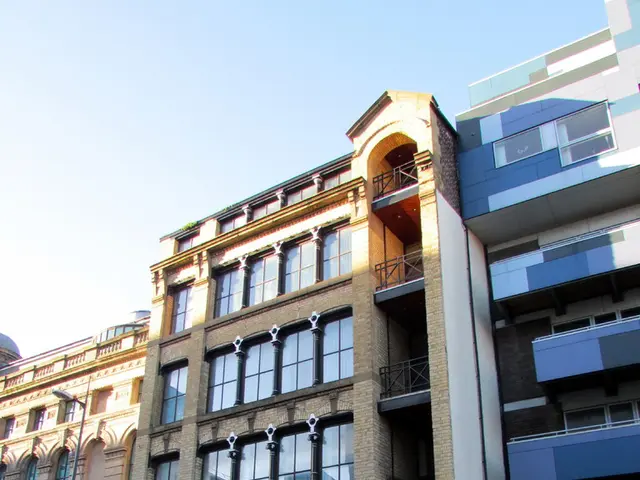South Korea to detail strategy for overhauling petrochemical industry in critical condition
In a bid to revitalise its ailing petrochemical sector, South Korea's government announced a comprehensive restructuring plan in August 2025. The plan, which aims to address a global supply glut that has severely depressed margins, received the backing of 10 major petrochemical companies.
The industry is currently operating at 80% of its total capacity, indicating a 20% glut. This oversupply, coupled with sluggish demand in the last three to four years, has negatively impacted the profitability of petrochemical companies worldwide. In South Korea, the situation is particularly grave, with Yeochun NCC Co., a petrochemical maker based in Yeosu, facing financial stress due to around 180 billion won (US$130 million) in loans coming due at the end of August.
President Lee Jae Myung, who took office after a snap election in June, has pledged to support the industry's restructuring efforts. This includes exempting companies from some antitrust regulations to allow more coordination of production and operations, as well as pursuing legislation with tax support for mergers and acquisitions.
The restructuring plan emphasises "self-rescue efforts first," requiring companies to take the initiative in cutting output, pursuing mergers and acquisitions, and consolidating facilities. The government will provide support via deregulation, tax, and financial incentives but will avoid directly brokering large deals.
The broader industry strategy focuses on shifting from commodity products to high-value-added specialty and fine chemicals, accelerating R&D spending, embracing digitalization, and pursuing sustainability initiatives such as carbon reduction. This transformation aims to improve competitiveness in the medium to long term by diversifying into advanced materials for emerging sectors like electric vehicles and renewable energy.
Industry Minister Kim Jung-kwan compared the petrochemical industry's situation to the restructuring of the shipbuilding industry in the late 2010s. He suggested that petrochemical companies in South Korea should take voluntary measures, including the adjustment of facilities. Analysts like Hwang Kyu-won at Yuanta Securities Korea agree, stating that the current situation presents an opportunity for a large-scale restructuring.
The last major restructuring for South Korea's petrochemical industry occurred during the Asian Financial Crisis in 1999. However, this latest effort marks a critical attempt to restore industry viability amid global oversupply and intense competition. Analysts predict that global petrochemical margins will not recover until 2027.
The restructuring plan is a significant step towards revitalising South Korea's petrochemical industry, with companies like Yeochun NCC Co. being pressured to reorganise or face default. The effort echoes lessons from Korea's successful consolidation in other industries, such as the shipbuilding industry in the late 2010s.
The restructuring plan includes exemptions from some antitrust regulations to allow more coordination of production and operations within the industry, as President Lee Jae Myung aims to support the industry's efforts. In line with this, petrochemical companies worldwide are pursuing a shift from commodity products to high-value-added specialty and fine chemicals, helped by increased R&D spending, digitalization, and sustainability initiatives.
To improve competitiveness in the medium to long term, the industry strategy aims to diversify into advanced materials for emerging sectors like electric vehicles and renewable energy, where there is a need for petrochemical products. This transformation is seen as a critical attempt to restore industry viability amid global oversupply and intense competition, and analysts predict that global petrochemical margins will not recover until 2027.




